On April 23, 2025, the 24th China Biological Products Annual Conference (CBioPC2025) co-hosted by the China Association for Vaccines, the Biological Products Branch of the Chinese Preventive Medicine Association, the Vaccine Technical Committee of the China Medicinal Biotech Association, and the Biological Products Technical Committee of the Chinese Society for Microbiology was held in Suzhou, with more than 6,000 attendants from government and regulatory agencies, industry associations, and enterprises in the biomedical fields in China.
In the morning of April 24, the "International Cooperation on Vaccines in Emerging Markets in Africa" was hosted by the Council for the Promotion of International Vaccine Cooperation (CPIVC) of the China Association for Vaccines. The sub-forum invited Chinese and overseas experts to share and discuss in-depth topics related to the vaccine markets and industrialization development in Africa.
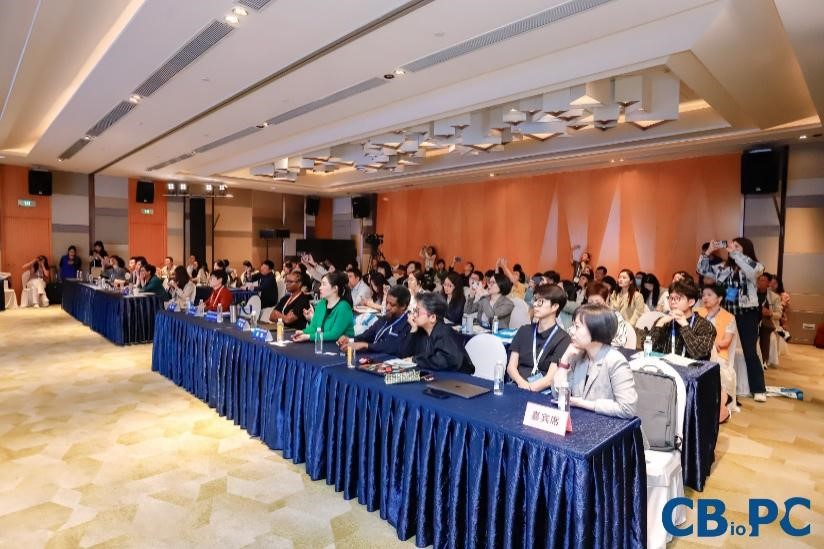
Photo of the sub-forum
The sub-forum was chaired by Ms. YUAN Yuan, Secretary General of CPIVC and China Representative of PATH.
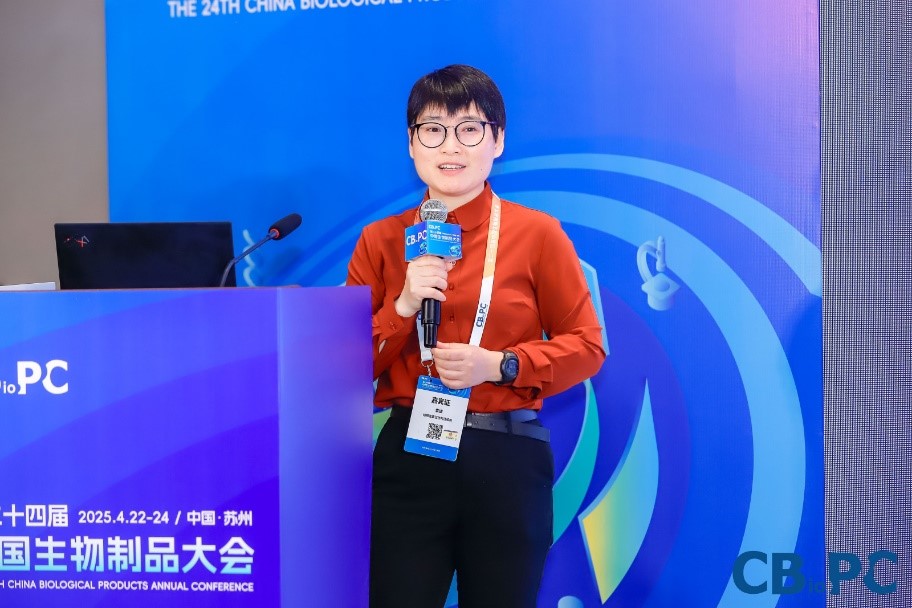
Moderator: YUAN Yuan, PATH
Dr. XIAO Yi, Supply and Logistics Specialist at UNICEF China office, shared the topic of "UNICEF Local Production in Africa". Dr. XIAO introduced the UN procurement process, the objectives, supports and key products of local manufacturing in Africa. In order to encourage and promote the local manufacturing of vaccines in Africa, local produced products will be guaranteed by a certain percentage of UN procurement orders.
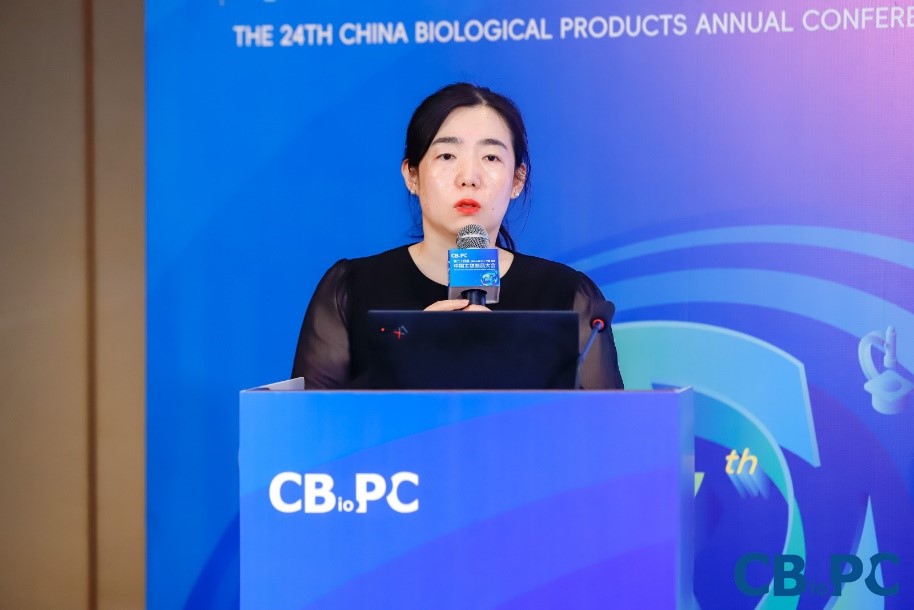
Dr. XIAO Yi, UNICEF China Office
Dr. Simone Blayer, Global Head of CMC and Non-Clinical Toxicology at PATH, presented the topic of "Progress in the localized Production of Vaccines in Africa". Dr. Blayer introduced the progress of local vaccine production in Africa that PATH has learned from a joint investigation with the Clinton Health Access Initiative (CHAI) and the Africa Centers for Disease Control and Prevention. Dr. Blayer mentioned facilities such as fill-finish and packaging have been invested, but a large amount of investment on soft assets is still needed, especially for the capacity building of human resources.
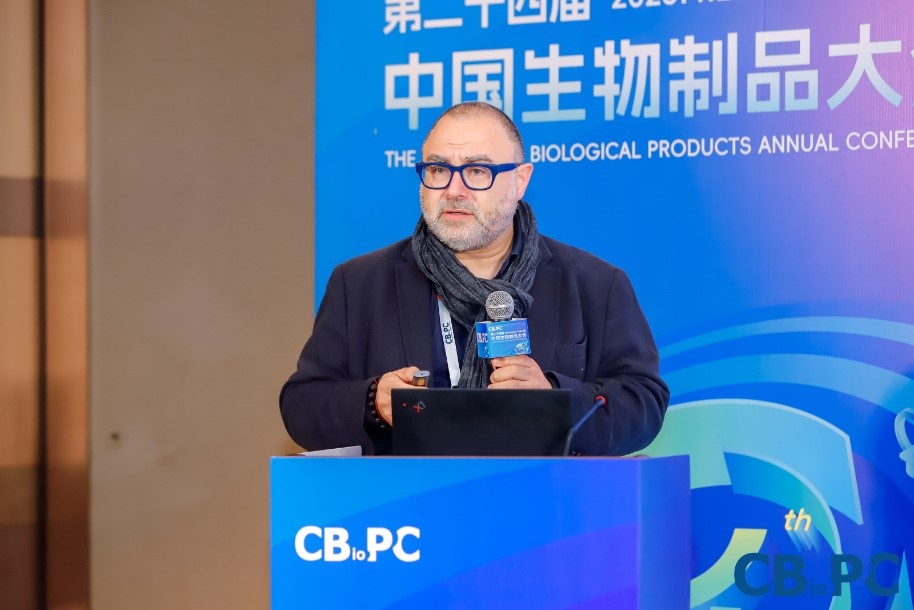
Dr. Simone Blayer, PATH
Dr. ZHANG Yi, Senior Consultant to the African Center for Disease Control and Prevention (Africa CDC) at the Chinese Center for Disease Control and Prevention (China CDC), shared the topic of "African Burden of Disease and Partnership for Vaccine Production in Africa". He presented the disease burden in Africa. Some of the diseases are local outbreaks, which are characterized by a small and urgent demand for vaccines. China CDC is supporting the establishment of Africa CDC, with the vision of building local capacity, especially laboratory capacity, to help localize vaccine production and R&D in Africa.
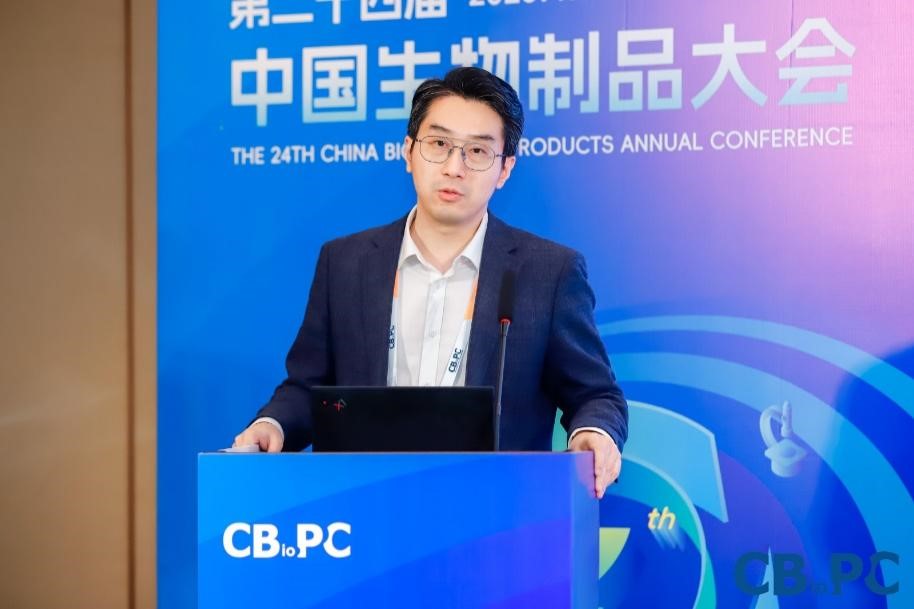
Dr. ZHANG Yi, China CDC
Ms. Anne Mwangi, General Manager of Africa Clinical Trials Solutions LTD, shared the topic of "Africa Vaccine Clinical Trial Landscape". The African market has vaccine needs against specific tropical diseases. Anne provided an overview of vaccine clinical trials in Africa and explained how to conduct high-quality clinical trials in sub-Saharan Africa in terms of initiation, site selection and enrollment.
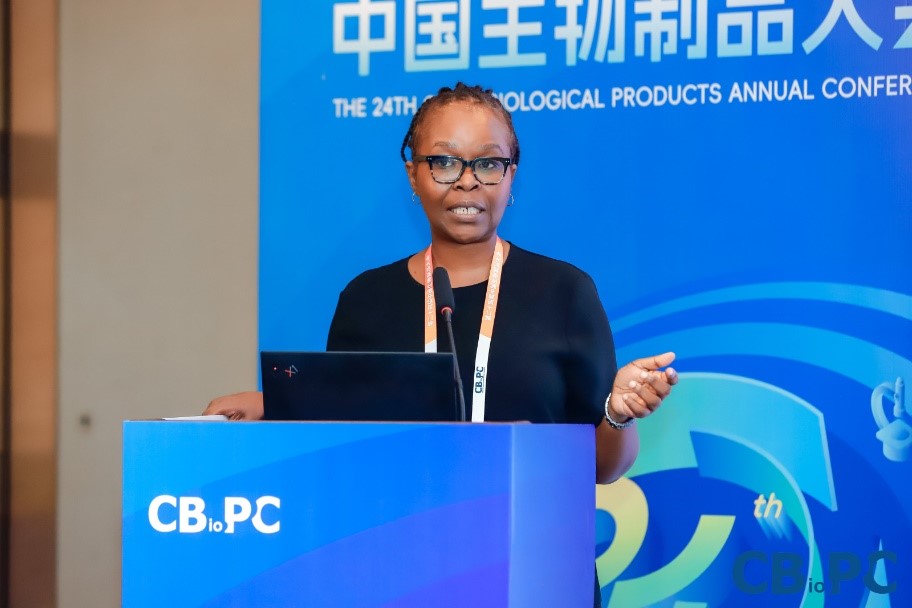
Anne Mwangi, Africa Clinical Trials Solutions LTD
Ms. Wendy HUANG, Director of Strategy and Business Development of Xiamen Innovax Biotech Co., Ltd., gave a keynote report on "Experience Sharing of Innovax’s Vaccine African Market Expansion". In her speech, Ms. Huang introduced the market expansion of Innovax’s vaccines in different countries in Africa. Africa's 54 countries are not unified markets, and procurement mechanisms vary from country to country, requiring differentiated registration and marketing strategies.

Wendy Huang, Xiamen Innovax Biotech Co., Ltd.
The panel session was moderated by Ms. LI Meng, Director of International Cooperation Department of the China National Biotec Group (CNBG). The panelists include Ms. Wendy HUANG, Mr. WANG Wenming, General Manager of International Business Department of Haier Biomedical, Mr. XU Zhipeng, Director of International Business Development Department of Tofflon Science and Technology Group Co., Ltd., and Ms. WEI Ling, VP and Head of Global Project Operational Excellence of Tigermed. The panel discussed in depth the opportunities and challenges of localized vaccine research, production and supply in Africa.
As a CRO, Tigermed validates the safety and efficacy of vaccines through clinical trials to meet regulatory requirements. In addition, WHO PQ has high requirements for clinical data, and high-quality clinical data can improve the applicability and adaptability of products to the target markets. Relying on a “local for local” solution to conduct clinical trials would be a better solution.
Tofflon observes that collaborations in vaccines often face financial issues. Vaccines should be sold at affordable prices. Current problems include high costs due to higher-than-needed configurations (benchmarking against Europe and the US) and unrealistic goals. These make it difficult to get projects off the ground. Generally, financing could be obtained through equipment loans, which allows for the construction of facilities. However, it is still important to consider the production line configuration and clarify the economic model at the beginning of technology transfer. The market comes first, then the facilities.
Haier Biomedical is aware that one-third of global vaccine waste is due to temperature exposure. Haier Biomedical respects customers, understands customer pain points, and communicates and provides solutions for national health ministries and national immunization programs in terms of cold chain services. Haier has established training and innovation centers in Africa, and more than 8,000 health service centers in Ethiopia use Haier's cold chain, which can eventually lead to the localization of the supply chain in Africa. Haier suggested that Chinese companies should help customers solve problems, provide project services and technical services, respond to customer needs at speed, and continue to learn from multinational companies. It is suggested that Chinese companies should open each other's capability maps to jointly improve the ecosystem and achieve industrial synergy.
The panel session reached a consensus that Chinese companies should uphold the principle of "teaching people to fish" (as in old Chinese saying, as opposed to “giving people the fish”), and effectively help Africa localize vaccine production and, ultimately, R&D.
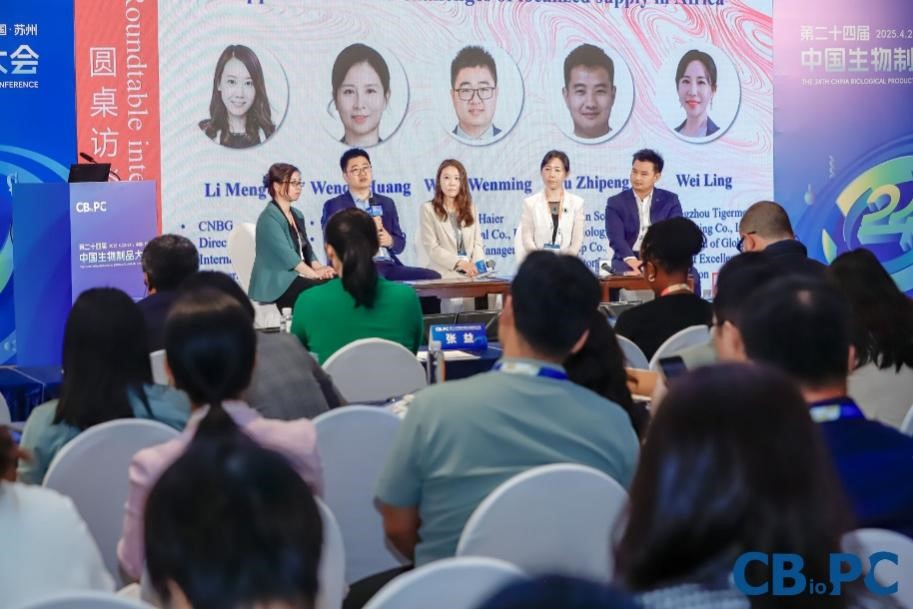
The panel session focused on "Opportunities and Challenges of Localized Supply in Africa".
As the chairperson and moderator of the sub-forum, Ms. YUAN Yuan summarized the highlights of the five speakers and the panel discussion. She said that the CPIVC will continue to enable in-depth dialogues and exchanges on international collaboration in vaccines, promote industrial cooperation at home and abroad, and build a friendly ecosystem.
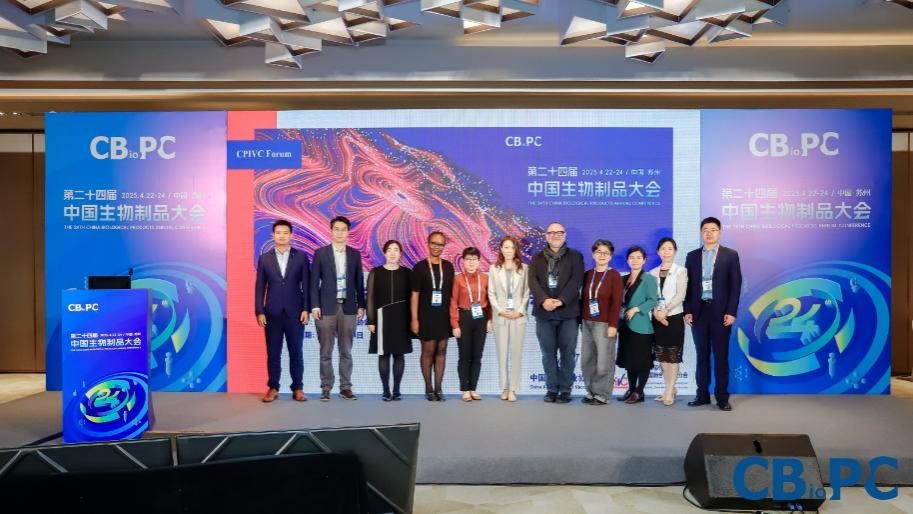
Group photo of the host, speakers and panelists



 京公网安备 11010802041931号 © 2024 cpivc.com
京公网安备 11010802041931号 © 2024 cpivc.com